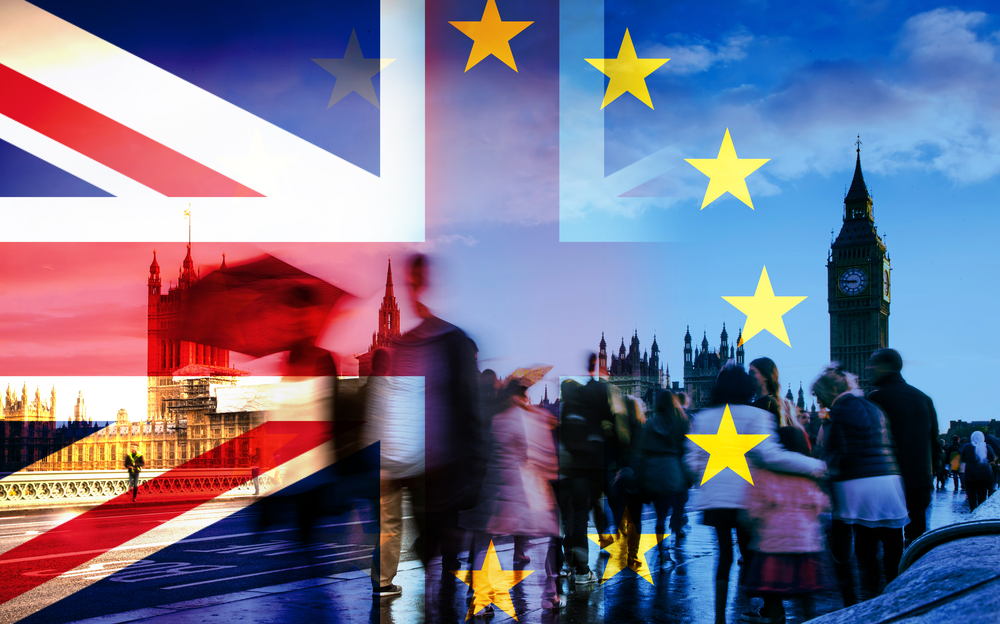Household Bills
A third of Brits put spending on hold due to Brexit

Brits are also pulling back from investing in stocks and shares, choosing the safety of cash instead.
About a third (30 per cent) of the UK public have changed their spending as a result of Brexit uncertainties, according to KPMG.
A survey by the accountancy firm found a fifth (22 per cent) have avoided making big ticket purchases with almost one in ten (9 per cent) missing out on overseas holidays and 6 per cent avoiding investing via stocks and shares. Meanwhile, 8 per cent of people have put more money into savings ‘just in case’.
Regionally, Brexit wariness seems to be most prevalent in London, where almost half (48 per cent) have postponed a big purchase or added to their savings. Unlike the rest of the country, foreign holidays are not the main sacrifice, but investments with 17 per cent of people reducing the amount they put into stocks and shares.
One in 20 (6 per cent) of Londoners even delayed a wedding due to Brexit, that’s three times the national average.
Paula Smith, head of banking at KPMG UK, said: “It is clear people are uncertain about the future, spending and investing less while saving more. However, whilst people work to protect their finances from Brexit uncertainties, interest rates remain stubbornly low so savings aren’t really working for people. The business world has been cautious about investing for growth since the referendum and that’s clearly playing through into the real economy and people’s financial confidence.”
KPMG has also found that men are much more cautious about their money in light of Brexit than women, with more than a third (35 per cent) of men changing their money management and only one in four (25 per cent) women doing the same.
More than one in 10 (12 per cent) of men have delayed buying a new home or making renovations, almost double the number of women who have taken the same precautions (7 per cent).
Brexit fears are affecting younger people’s spending the most, as almost half (46 per cent) of 18 to 34-year-olds have delayed big purchases or put more money into savings.
Those aged 35 and over have focussed more on saving ahead of Brexit while those over 55 are the least fazed, with only one in five (19 per cent) having changed their spending habits at all.
Parents with young children are also amongst the most concerned, with foreign holidays (15 per cent), new cars (14 per cent) and home renovations (10 per cent) being most commonly sacrificed.